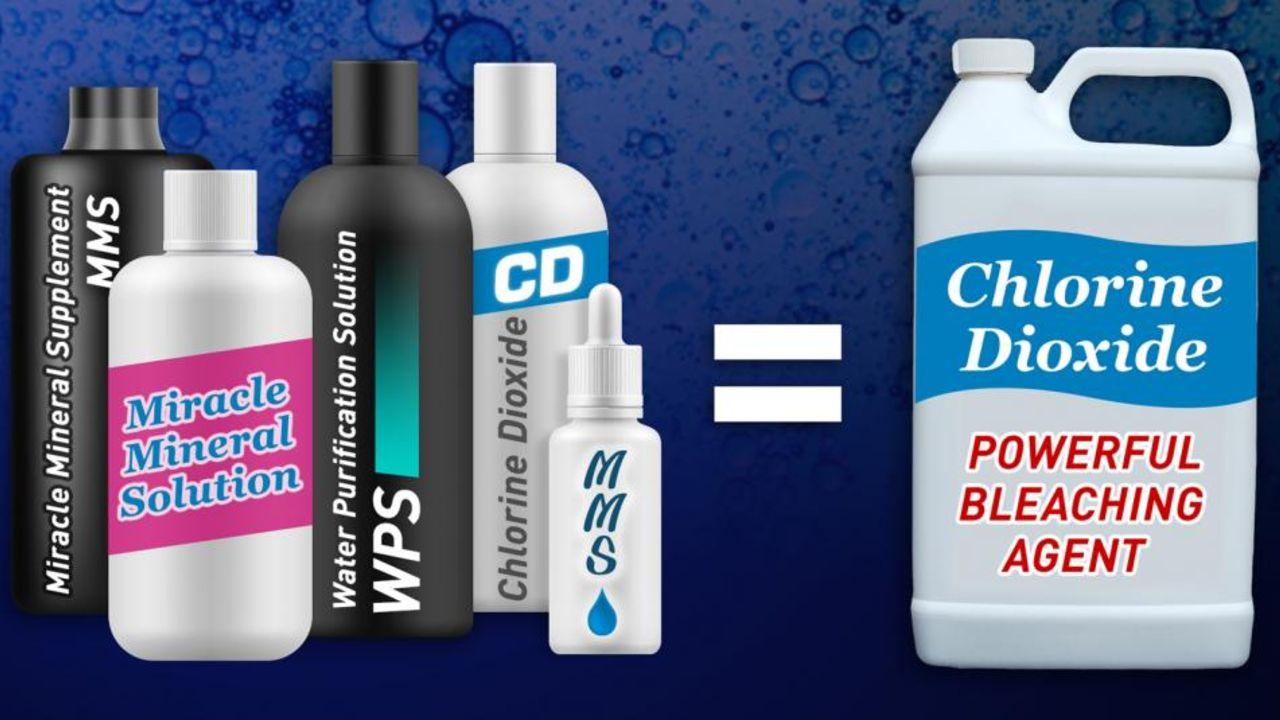Coronavirus health scams: What to watch out for during the pandemic
Scammers are exploiting people’s desire for cures, tests and masks during the coronavirus pandemic
Get all the latest news on coronavirus and more delivered daily to your inbox. Sign up here.
As the coronavirus has spread throughout the world, so have coronavirus-related scams.
On Wednesday, the Justice Department said the federal government has stopped “hundreds” of online coronavirus-related scams.
Many of the scam complaints the FBI’s Internet Crime Complaint Center has looked into include websites that “operated fraudulent charity drives” and “delivered malware.”
However, there are also plenty of health care-related scams, according to a report from U.S. News & World Report.
The outlet reported those scams were focused on five different areas.
DOJ THWARTING ONLINE CORONAVIRUS SCAMS WITH HELP FROM INTERNET COMPANIES
Aside from those five areas, the magazine also reported how people can avoid falling victim to scams.
According to U.S. News, people should avoid taking calls from numbers they’re unfamiliar with because if it’s a legitimate call, the person calling will leave a message.

Even if a call from a health provider seems legitimate, you should hang up and call back using the publicly listed number to avoid falling for a scam, according to U.S. News. (iStock)
Even if a call seems legitimate, though, the magazine suggested calling back to verify the identity of the company or person who first initiated the call.
The magazine also recommended that people shouldn’t send personal information over email and they shouldn’t click on links sent through email either.
The U.S. Food and Drug Administration (FDA) also has a website with information about health fraud, which can help you avoid being scammed.
HACKERS TARGET CORONAVIRUS STIMULUS CHECKS THROUGH PHISHING EMAILS
To see what to specifically watch out for, here are the five health care-related areas that scammers are trying to exploit during the coronavirus, according to U.S. News.
Treatments, cures and vaccines
There is currently no approved cure, vaccine or treatment for the coronavirus, but because the virus is highly contagious, scammers have been trying to take advantage of people’s fears by selling products with false promises.
According to the FDA’s “Fraudulent Coronavirus Disease 2019 (COVID-19) Products” list, the agency has sent warning letters to 34 companies for selling items that promise to “prevent, treat, mitigate, [or] diagnose” COVID-19, the website said.
Some specific types of products on the list include cannabidiol or CBD products, homeopathic drugs, essential oils, colloidal silver, chlorine dioxides (or bleach) and salt therapy products, U.S. News reported.
The magazine recommended looking out for key phrases associated with these fraudulent products, including “quick fix,” “scientific breakthrough,” “no risk, money back guarantee” and the phrases “COVID-19 treatment” or “cure.”
WAITING FOR YOUR CORONAVIRUS STIMULUS CASH? BEWARE OF SCAMS
Tests
Fraudulent tests for the coronavirus have also been sold by scammers online, according to U.S. News.
Though there has been some back and forth by government agencies regarding whether at-home testing is allowed, the FDA “authorized the first diagnostic test with a home collection option for COVID-19” Tuesday, according to a statement from the agency.
In the statement, the FDA explained it has only authorized the Laboratory Corporation of America (LabCorp) COVID-19 RT-PCR Test “for at-home collection of nasal swab specimens using the Pixel by LabCorp COVID-19 home collection kit.”
“It is important to note that this is not a general authorization for at-home collection of patient samples using other collection swabs, media, or tests, or for tests fully conducted at home,” the statement said.
Even if more at-home tests are approved in the future, U.S. News warns that people should check with the FDA and their doctors before potentially buying a fraudulent test.
FBI WARNS OF SCAMMERS TARGETING CORONAVIRUS FEARS
Masks, equipment and other products
According to U.S. News, there are several ways scammers have been taking advantage of people’s need to buy masks or other equipment online.
The magazine reported some scammers have sold masks online, but the people who purchased them never got them.
Other scammers have sent personal protective equipment that doesn’t match the description of what was for sale; they have sent fewer items than what was ordered by the purchaser; they have sold counterfeit items or they have been price gouging, U.S. News reported.
The magazine recommended people be cautious about emails or ads selling PPE.
Telehealth
There are several things to look out for when using telehealth, according to U.S. News.
The magazine recommends using encrypted platforms to protect your health information and verify what doctor you’ll be working with instead of just going with someone you found on an ad or on social media.
“If you’re looking for a new doctor during this pandemic, go with a known name, such as a local hospital, university medical center or other established health care center,” the magazine wrote.
It also warned against sharing personal information, like your Medicare ID number, over email.
GET FOX BUSINESS ON THE GO BY CLICKING HERE
Financial
One scam that has seen a recent increase is phishing emails that look like they’re from the World Health Organization or the U.S. Centers for Disease Control and Prevention but are asking for personal or financial information, according to U.S. News.
Those are scams and should be deleted immediately, the magazine warned.
Other scams include phone calls from people claiming to be health care providers or health insurance companies asking for personal information or charities asking for donations.
To check that the phone call is legitimate, one expert told U.S. News people should hang up and call the provider, company or charity back using the publicly published phone number.
Similarly, if you get an email from a charity asking for money, go to the organization’s website in a different browser window before giving -- don’t click any links sent over email.
U.S. News also warned against “click-bait” articles that could lead you to download a program that can give a scammer access to your data and “ransom it back to you.”
“Be careful which websites you visit and which apps and programs you download from the internet,” U.S. News reported. “Look to trusted, established outlets for good information during this crisis.”




















